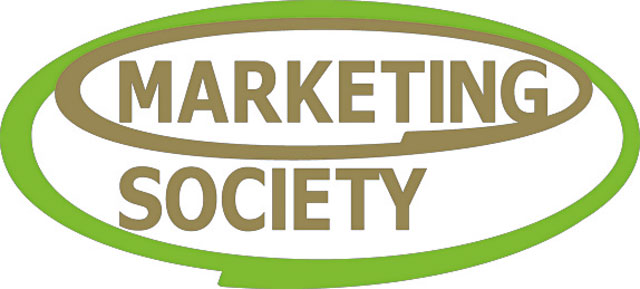 YES - ALISON HOAD, VICE-CHAIRMAN, RKCR/Y&R
YES - ALISON HOAD, VICE-CHAIRMAN, RKCR/Y&R
There may be no such thing as a free lunch but there most certainly is such a thing as a free flight. Moreover, people feel curiously proud when they secure them for themselves or, even better, for others, such as friends and family. You have only to look at the extraordinary loyalty that the Air Miles programme engenders to see how highly people value free flights (and, of course, other privileges).
In the case of Qantas, I think this will definitely work to entice people back. We all mess up sometimes, companies included, and apologising and accepting responsibility for one's failings often diffuses the anger of the situation. Apologising and offering free flights as an act of contrition is humbling and, as a punter, I like Qantas all the more for it.
I only wish British Airways had done the same two years ago when it grounded my flights, or that BlackBerry could have 'discounted' to win back some trust when the network went dark for two days last month. It would have made me feel more valued as a customer if they had.
 YES - SUSAN AUBREY-COUND, DIRECTOR NEW CHANNELS, MARKS & SPENCER
YES - SUSAN AUBREY-COUND, DIRECTOR NEW CHANNELS, MARKS & SPENCER
Discounting on its own is unlikely to be enough to win back trust in a crisis. However, where a strong brand has 'the benefit of the doubt' and a discount is positioned as part of a sincere apology, it can encourage retrial and effectively drive viral communication.
We did this with our 'We've boobed' campaign in May 2009, a very public U-turn tackling the perception of an unfair pricing differential on DD-G bra sizes when public trust in business was at an all-time low, due to the banking crisis. While our £2 premium was longstanding, logical and 'fair' (the bras do cost more to make), we had been slow to respond to online opinion when this was challenged on an emotional level.
The apology and price repositioning was supported by a 25% discount for two weeks, and the resulting uplift was more than 30% in-store and 160% online. However, the parallel objective was the U-turn in customer sentiment and trust expressed and, importantly, it sustained sales long-term. Discounting can work in a crisis, but it needs to be relevant, proportionate and part of a rounded and sincere response.
 YES - ANDY CORCORAN, HEAD OF IDEATION, UM LONDON
YES - ANDY CORCORAN, HEAD OF IDEATION, UM LONDON
Consumers want the companies they buy from to be honest and transparent. Such is the range of options open to consumers that the days when brands could mess up and yet be confident that their product would still sell are gone.
When Qantas stranded thousands of people recently, it was right to apologise. Rather than seethe over another fudged press release, consumers appreciate companies that can hold up their hands and say sorry.
Discounting can be a weak position for premium brands. However, done in a controlled, genuine way, there should be little residual damage. Qantas has swiftly delivered this compensation to arrest any changes of behaviour due to forced brand-switching. If a company's output is a service, brand experience prior to purchase is more intangible, so persuading consumers to once again be immersed by the brand is a powerful way of reminding them about the future quality they can rely on.
Here, it seems Qantas agrees that loyal customers should be rewarded when they have been messed around; that should be applauded.
 MAYBE - TAMARA STRAUSS, MARKETING DIRECTOR, UK & IRELAND, IHG
MAYBE - TAMARA STRAUSS, MARKETING DIRECTOR, UK & IRELAND, IHG
Brand loyalty and reputation take time to build; however, every brand is at risk of losing its customers though its response in a crisis, and I don't believe that discounting alone is enough to win them back - or, indeed, retain them.
In the event of adversity, it is the company's response that can help 'brick-wall' customers, communicating clearly the situation, having sympathy about the impact on them and making sure it is not purely about protecting the bottom line. In an increasingly fast-paced media and social media environment, direct engagement, speed of response, effective communications and empathy are paramount.
Discounting is one means of winning back trust, but can be perceived as a knee-jerk reaction; it needs to be considered in conjunction with other effective communications. It should be part of a response, alongside enhanced personal engagement, and offer relevant personal benefits on a case-by-case basis, for a truly personal response.
The Marketing Society is the most influential network of senior marketers dedicated to inspiring bolder marketing leadership. www.marketing-society.org.uk


